Our Facilities
Plantation and Owned farm
In Ethiopia, coffee is produced in forest, semi-forest, garden and plantation production methods. Generally, Ethiopian coffee is grown in sustainable approach: environmentally friendly, shade grown and ecologically sound. It is estimated that these different production systems make up about forest (10%), semi-forest (35%), garden coffee (50%), and plantation coffee (5 %) of the total coffee production in the country. Plantation and cooperative coffee account for above 10% of the export volume and about 15% of share by monetary value. It is estimated that smallholder farmers produce above 90 % of Ethiopian coffee that is organically produced
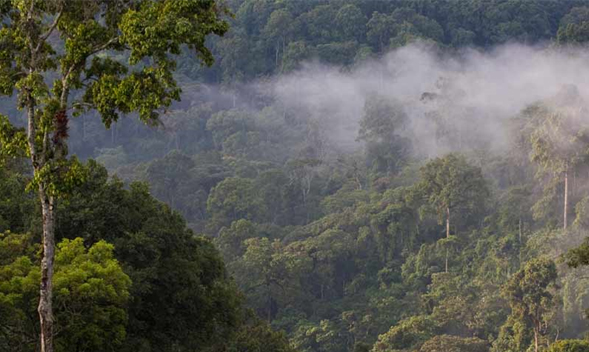
Forest Coffee Plantation
Zablon coffee has an awesome profundity to the Ethiopian coffee Beans that intensify beyond the commodity that’s our National pride and natural Endowment. We gratefully share this sentiment and nature along the edge of your desired green coffee beans. Arabica coffee is native to the region, occurring naturally in the remnant moist natural forests. We retain much of its original vegetation. So that the areas are gently undulating terrain with elevations between 1,600m to 2,200m. The site is situated in the western part of Ethiopia in which natural forest is modified with slashing weeds, bushes for shade regulation of the coffee trees. The area is prominently known as Jimma coffee. We devised and started huge investments in ways to obtain the first harvest within five years.
Semi-Forest Plantations
The natural forest coffee gradually transformed to the semi-forest coffee production with slight modifications in the forest. In this production, there are slashing of weeds, small bushes and shrubs for shade regulation and infilling with self-grown seedlings are considered as a normal cultural practices. South western part of Ethiopia is main source of forest and semi-forest coffee. This type of coffee has clearly delineated boundaries of ownership, although the trees usually are located away from agricultural plots.
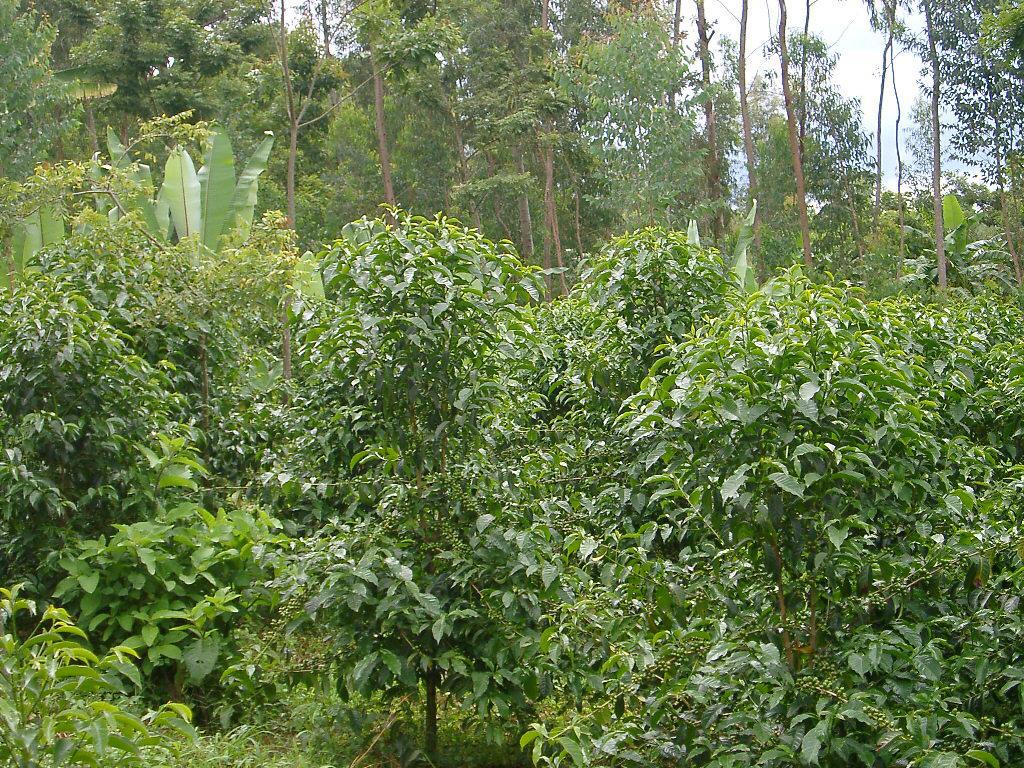
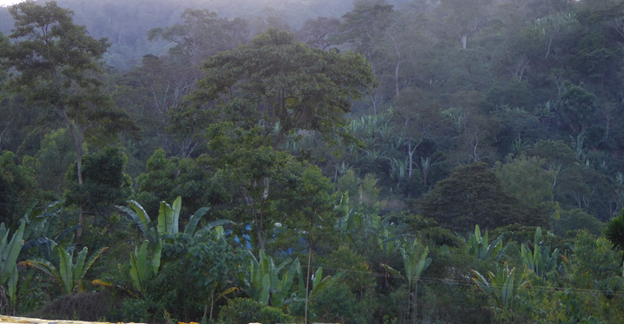
Garden Coffee
Garden coffees are planted by farmers in the vicinity of their residences and often intercropped with other crops or trees. In the garden coffee, coffee is part of the garden crops, fruits and mainly “Inset”, false banana. The production system involves weed control and application of organic fertilizer. Light to medium shade levels are often maintained and old and less productive trees are usually pruned. The productivity of this system is much higher than semi-forest and forest production. Sidama and Yirgachefe are well known for the production of garden coffee.
Plantation Coffee
Plantation coffee is grown on large commercial farms, private as well as state farms. It is growing trend in Ethiopia and it uses highly intensified agronomy practice: pruning, mulching and organic fertilizing, stumping, integrated weed and pest management, well-regulated shade and plant density. It plants high-yielder seedlings and disease resistance varieties. Many medium and large state farms exist in South Western Ethiopia, especially Jimma, Bench Maji and Kaffa Zone.
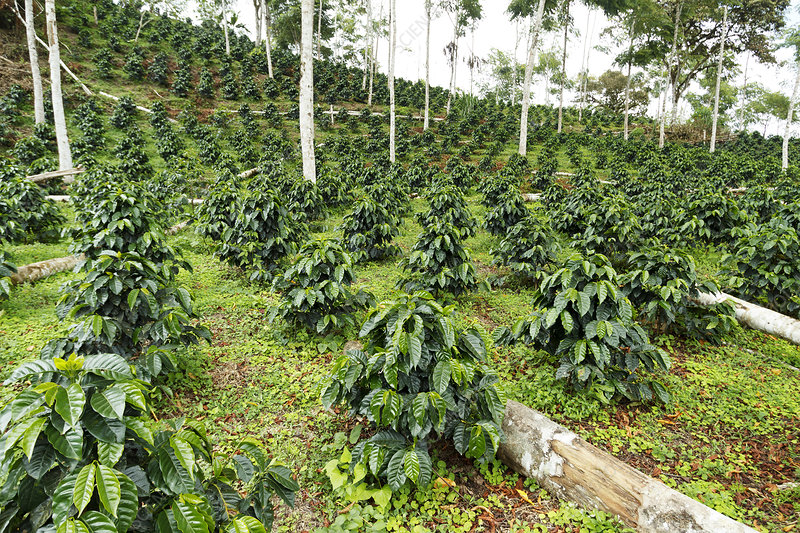
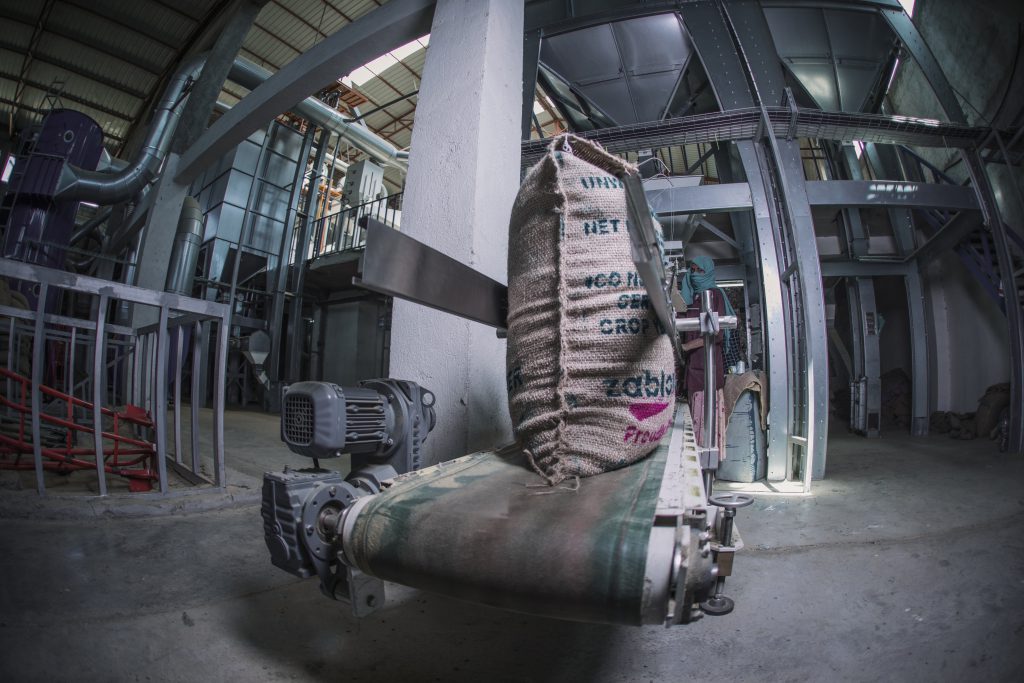
Processing Industries
We are at extensive operation in all regions of Ethiopia. Our industry sites are designed with parameters of international certification requirements. We are establishing a number of wet and dry processing industries with huge capacity and better technology in which they are carefully selected based on the best of their origin and aiming to host wider options of our clients preference.
We structured the supplying office under two major categories that are known as Djimma Hawassa Corners that facilitate the nearby access office and related work. The team are managing the owned and contracted sites. Some of the owned sites are as follows. Jimma Corners comprises Limmu and Metu sites and South corners comprises the Yergacheffe and Sidama sites.
Wet and Dry Pulping Industries
Zablon coffee has playing direct or indirect roles in the establishment of such industries, supporting the process and empowering with latest capability of wet/dry milling machines along side our own site we operated at Gebeb, Limmu and Metu sites.
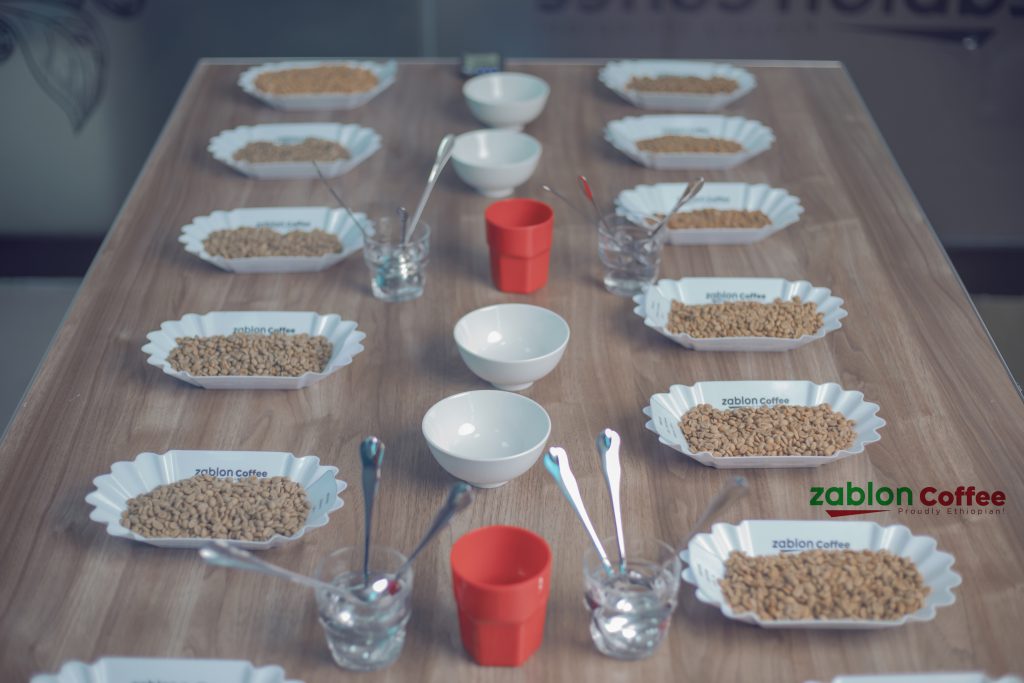
Wet and Dry Pulping Industries
Zablon Coffee has built two cleaning and color sorting plants for processing and packaging agricultural products at Adama – an hour driving from the capital city, Addis Ababa and 15 minute’s drive to the dry port of Ethiopia located at Mojo. The Plants comprises well-conditioned warehouses for both raw and finished products separately and the coffee hubs and well paved compound and well-furnished G+2 office spaces. The plant is reserved only to serve the needs of Zablon Coffee clienteles. We devised an expansion of another plant settling at the capital city that can be operational in a few years.

Cupping Hubs
We evinced the cupping facility at Addis Ababa along with head offices and Adama along with the packaging plant that comprises all the required units for amplified host of our clients for assisting to make better purchase decisions and for empowering our capability of enhancing and ensuring the quality sustainability.
Logistics Fleet
Zablon Coffee has contributed and purchased quantities of current trucks for the accommodation of shipping those farming items. We have a more extensive arrangement buying more trucks shipping the merchandise on time conveyance bases.
